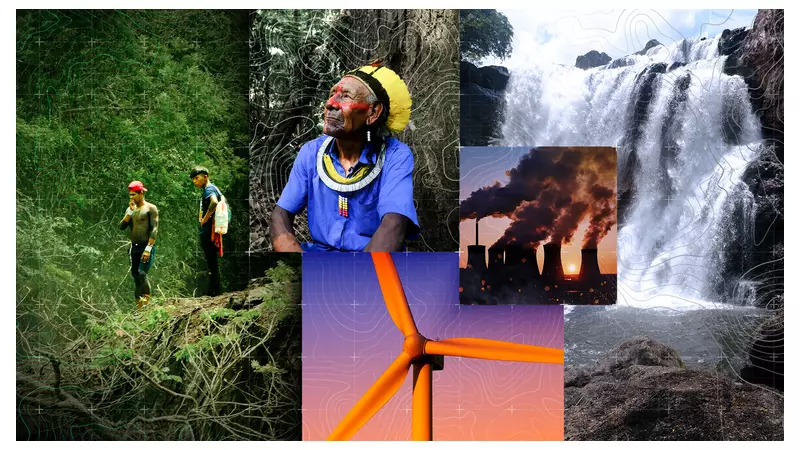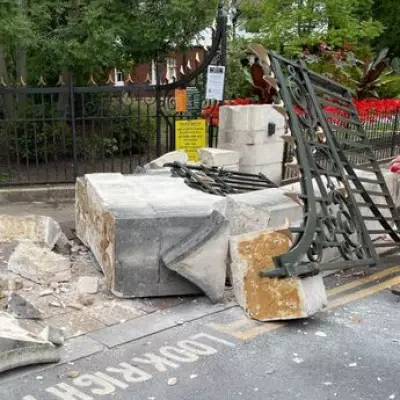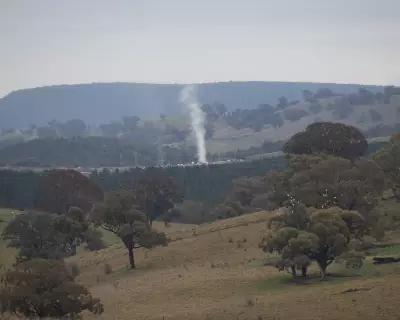
Stunning new satellite data has revealed a terrifying reality: the world's tropical forests, often called Earth's lungs, are rapidly losing their ability to absorb carbon dioxide from our atmosphere. This catastrophic development threatens to undermine global climate targets and raises serious questions about the viability of net zero promises.
The Breathing Crisis
For decades, these vital forest ecosystems have served as natural carbon sinks, absorbing approximately one-third of human-made carbon emissions. However, recent analysis shows this critical function is collapsing before our eyes.
The Amazon rainforest, once the mightiest of carbon absorbers, is particularly concerning. Deforestation, rising temperatures, and increased drought frequency have pushed this crucial ecosystem toward a tipping point that scientists have long feared.
What the Numbers Reveal
The data paints a disturbing picture:
- Tropical forests are absorbing 30% less carbon than they did just two decades ago
- The Amazon's capacity to absorb CO₂ has dropped by a staggering 50%
- Some regions have flipped from carbon sinks to carbon sources
- Deforestation continues at alarming rates despite global pledges
The Net Zero Conundrum
This environmental crisis creates a perfect storm for climate policy. Our climate models and net zero strategies have always assumed forests would continue absorbing significant amounts of carbon. With this assumption crumbling, achieving net zero becomes exponentially more difficult.
"We're losing our most powerful natural ally in the fight against climate change," explains Dr Sarah Jenkins, lead researcher on the study. "If forests stop cleaning our atmospheric mess, we'll need to make even deeper emissions cuts than currently planned."
A Race Against Time
The situation demands immediate action on multiple fronts:
- Urgent protection of remaining old-growth forests
- Accelerated reforestation and afforestation projects
- Radical reduction in fossil fuel emissions
- International cooperation to halt deforestation
While the findings are alarming, experts stress that all is not lost. The window for action remains open, though it's closing rapidly. The coming decade will determine whether we can stabilise these vital ecosystems or face irreversible consequences.
The collapse of Earth's natural carbon sinks represents one of the greatest environmental challenges of our time. How we respond will define our climate future and test whether net zero remains an achievable goal or becomes another broken promise to our planet.





